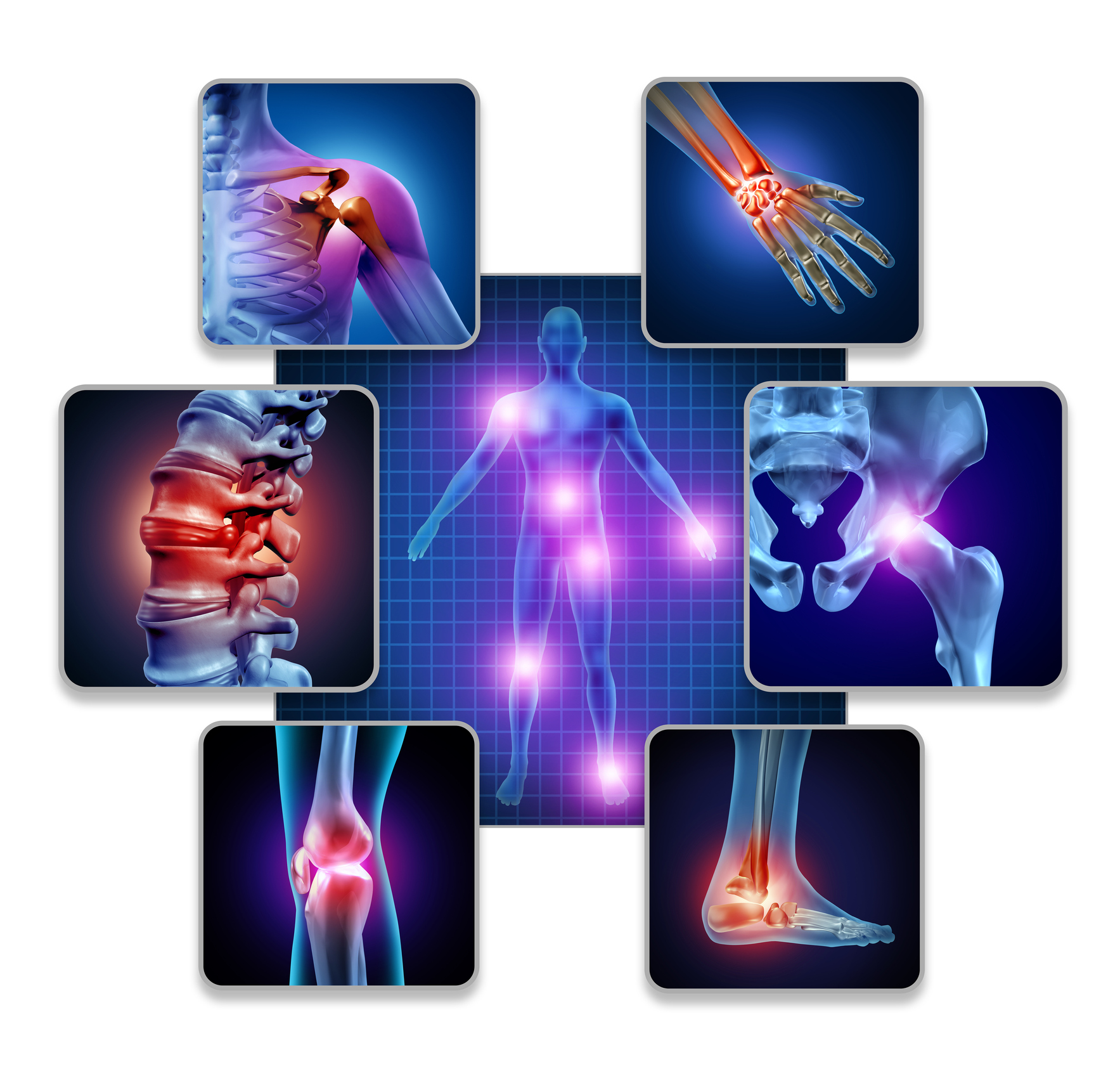Individuals with obesity (OB) prefer immediate rewards of food intake over the delayed reward of healthy well-being achieved through diet management and physical activity, compared with normal-weight controls (NW). This may reflect heightened impulsivity, an important factor contributing to the development and maintenance of obesity. However, the neural mechanisms underlying the greater impulsivity in OB remain unclear. Therefore, the current study employed functional magnetic resonance imaging with a delay discounting (DD) task to examine the association between impulsive choice and altered neural mechanisms in OB. During decision-making in the DD task, OB compared with NW had greater activation in the dorsolateral prefrontal cortex (DLPFC) and posterior parietal cortex, which was associated with greater discounting rate and weaker cognitive control as measured with the Three-Factor Eating Questionnaire (TFEQ). In addition, the association between DLPFC activation and cognitive control (TFEQ) was mediated by discounting rate. Psychophysiological interaction analysis showed decreased connectivity of DLPFC-inferior parietal cortex (within executive control network [ECN]) and angular gyrus-caudate (ECN-reward) in OB relative to NW. These findings reveal that the aberrant function and connectivity in core regions of ECN and striatal brain reward regions underpin the greater impulsivity in OB and contribute to abnormal eating behaviors.© The Author(s) 2021. Published by Oxford University Press. All rights reserved. For permissions, please e-mail: journals.permissions@oup.com.
Functional Abnormality of the Executive Control Network in Individuals With Obesity During Delay Discounting.


